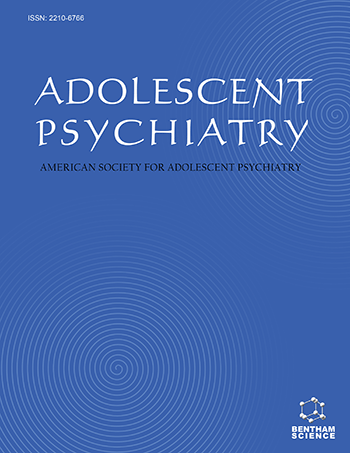Abstract
Background and objectives: We aim to provide clinicians with clinically relevant information about Turkish culture and provided some clinical case experience from the United States. We discuss common values, traditions, and nuances within Turkish culture, and highlight basic Turkish family structures and roles in the U.S. Our objective is to help clinicians be aware of clinically important characteristics of their patients’ cultures and make appropriate adjustments.
Results: According to the US Census population report, by 2030 European-origin children will no longer be a majority in the US and this is already the case among 7 years old children and younger. Culture and ethnicity may have significant impact on diagnosis, treatment, and outcome in psychiatry. Culturally uninformed evaluation and care can lead to acculturative stress, a weak therapeutic alliance, non-adherence, neglect, and misdiagnosis. Methods: We review of demographic information and literature regarding Turkish immigrants to the US. Since, there has been so far no research about Turkish children, adolescents, and families in the US, we rely on our clinical experience and research conducted in countries other than the U.S. Results: Overall there are about 7 million American Muslims, whose lives are significantly influenced by Islamic values. The Turkish and Muslim population in Europe and North America will likely continue to increase due to globalization, strong economic growth in Turkey, and the effects of the “Arab Spring” on the Islamic World. Conclusions: We hope this article will provide an initial guide for clinicians treating minority Turkish patients and families and also advance awareness about the need of cultural competence in psychiatry.Keywords: Turkish child, Turkish culture, cultural competency, ethnicity, immigrants, mental health, American Muslims, Islam



























